Winston Constable, 23 years old, is a Umoja alumnus at Seattle Central College and a former member of the Freemasonry organization. According to the Washington Freemason Website, the Freemasonry organization is the “oldest Fraternal Order in the world,” which consists of a “Brotherhood of like-minded men of good moral character and who desire to better themselves and their community.” Constable joined Freemasonry when he was 13 years old and left at 21. He first learned about the organization through his sister, who was also part of an organization called The International Order of the Rainbow for Girls (IORG). The IORG was created in 1922 for young women whose fathers were members of the Masonic Lodge. During a Rainbow Girls event in which he accompanied his sister, a Freemason member approached him with an offer to join their youth organization, DeMolay—an offer that Constable accepted.
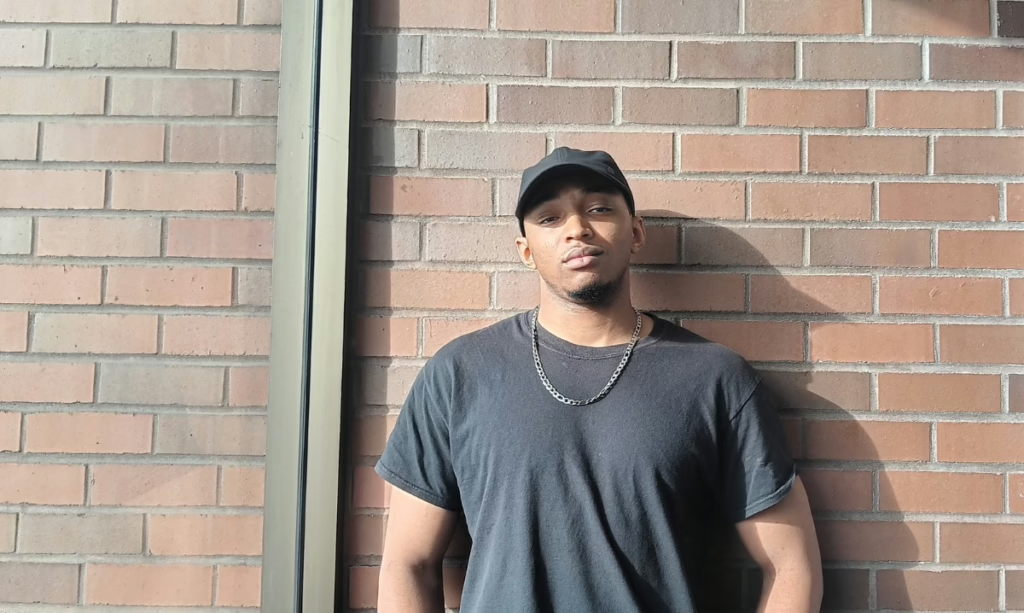
His first impression of the organization was that they were “pretty cool but strange at the same time.” He adds that some of “their customs were a little strange.” Constable found it strange that they called the book from which they learned the Masonic laws “the ritual.” He adds that it did not make sense to him why the organization wanted more members but still considered themselves “a secret order.” Although he found these things strange, he adds that he really “enjoyed being around people his age.”
Although Constable understands why people assume Freemasonry is a cult, he assures that it is not. Constable explains that people do not join by word of mouth or through a friend, but through “Masonic ties.” He shares that some of the positives of being a member included the activities that he engaged in—the conventions, fundraisers, camps, and sporting activities like paintball. However, Constable did not like that the Washington chapter had “very little to no diversity,” and that he experienced indirect “underlined tones of racism.” One instance in which he witnessed racism in the organization was when a much younger, white male would constantly say the N-word. When he reported the incident, the advisors dismissed Constable’s claims and said it was “okay.” Overall, he states that he did not like the energy of the organization as he “never felt welcomed.”

The defining moment when Constable recognized that he no longer wanted ties to Freemasonry was when he realized that “nothing they tell or teach is revolutionary,” which is contrary to what they pride themselves in. He adds that the organization did not do him “any service to improve as a man.” He left the DeMolay at 21 years old, as that is when one “ages out.” Although he could have remained as an advisor, he chose not to because he “was not interested in getting people involved in DeMolay.” He also decided not to progress to the next level of Freemasonry because he no longer wanted to have any Freemason ties. “I would not put my son in DeMolay,” Constable makes it very clear.
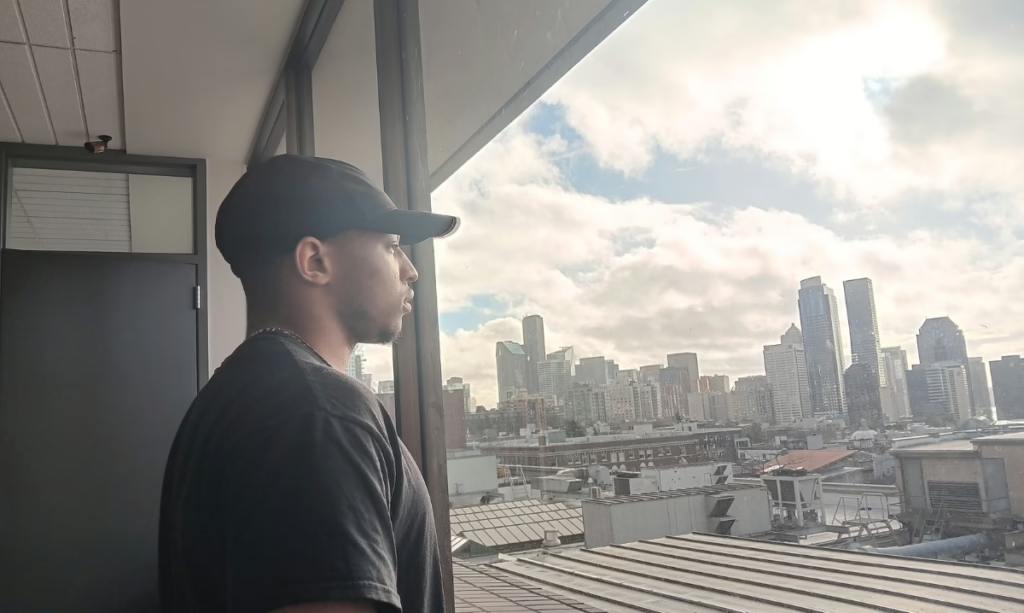
Constable says that he learned “a lot of good lessons” during his time at DeMolay but emphasizes that those lessons can be learned through good parenting and do not require joining the organization. The lessons that were taught came from a Masonic book called “The Ritual.” After he left the Freemasons, he became an active member of the Umoja Scholars’ program at Seattle Central College. According to Constable, being a Umoja Scholar differs from being a member of DeMolay as “Umoja is black” and he likes to “be around black people.” He adds that he feels well connected in the Umoja space as it teaches African culture and history, and most importantly, Umoja is “not trying to be a secret organization.”
Now that he graduated, Constable is a Umoja alumnus. He says what made him find himself as a man was just going through life and engaging in different experiences. He advises young men to “take care of themselves and practice self-love.” He emphasizes that “young men should not be egotistical or arrogant, but they should have pride in themselves.”

Mbaire is an international student at Seattle Central College, majoring in economics. Whether she’s traveling, diving into a good book, or catching up on her favorite shows, Mbaire loves exploring different perspectives. As a writer for the Seattle Collegian, she enjoys interviewing people and uncovering the stories that connect us, hoping to offer her readers thoughtful insights and spark meaningful conversations.

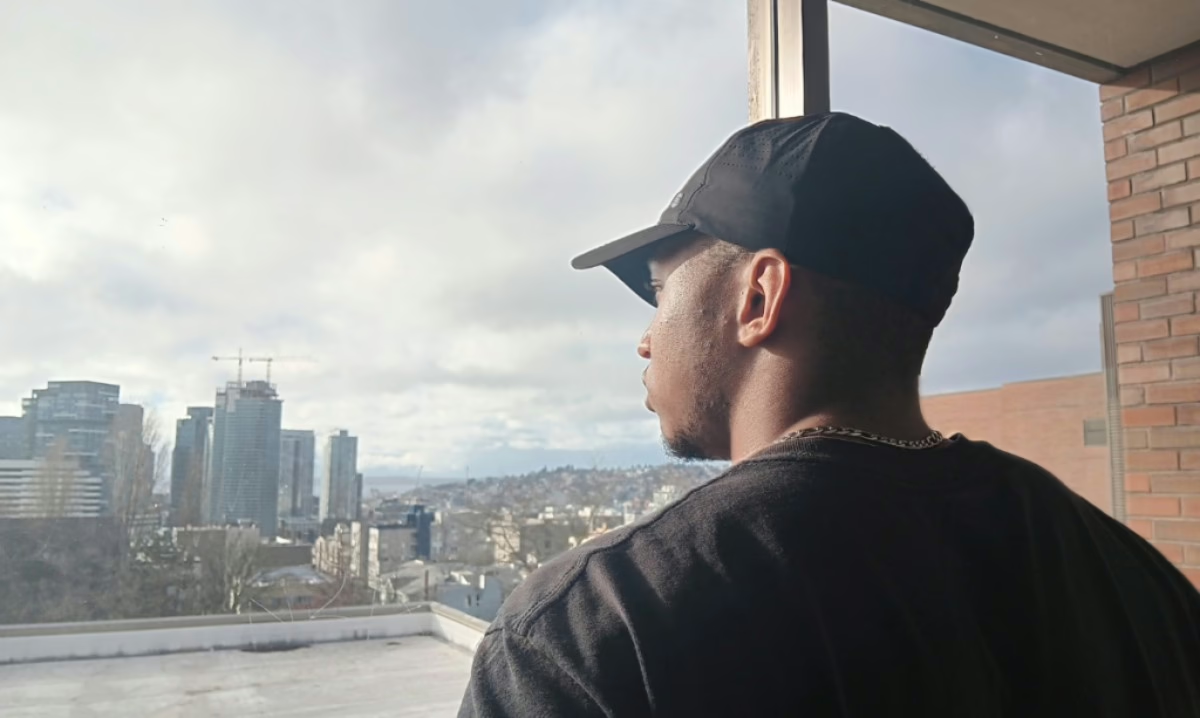
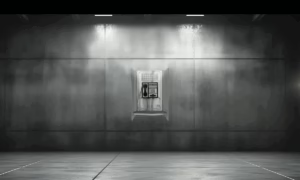
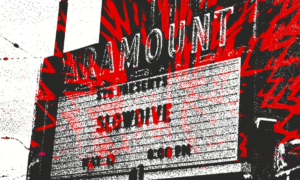

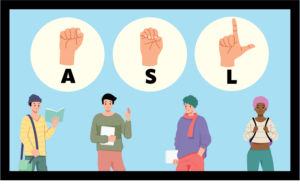
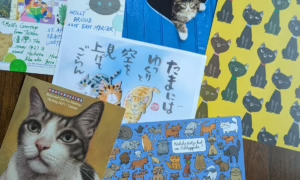
Be First to Comment